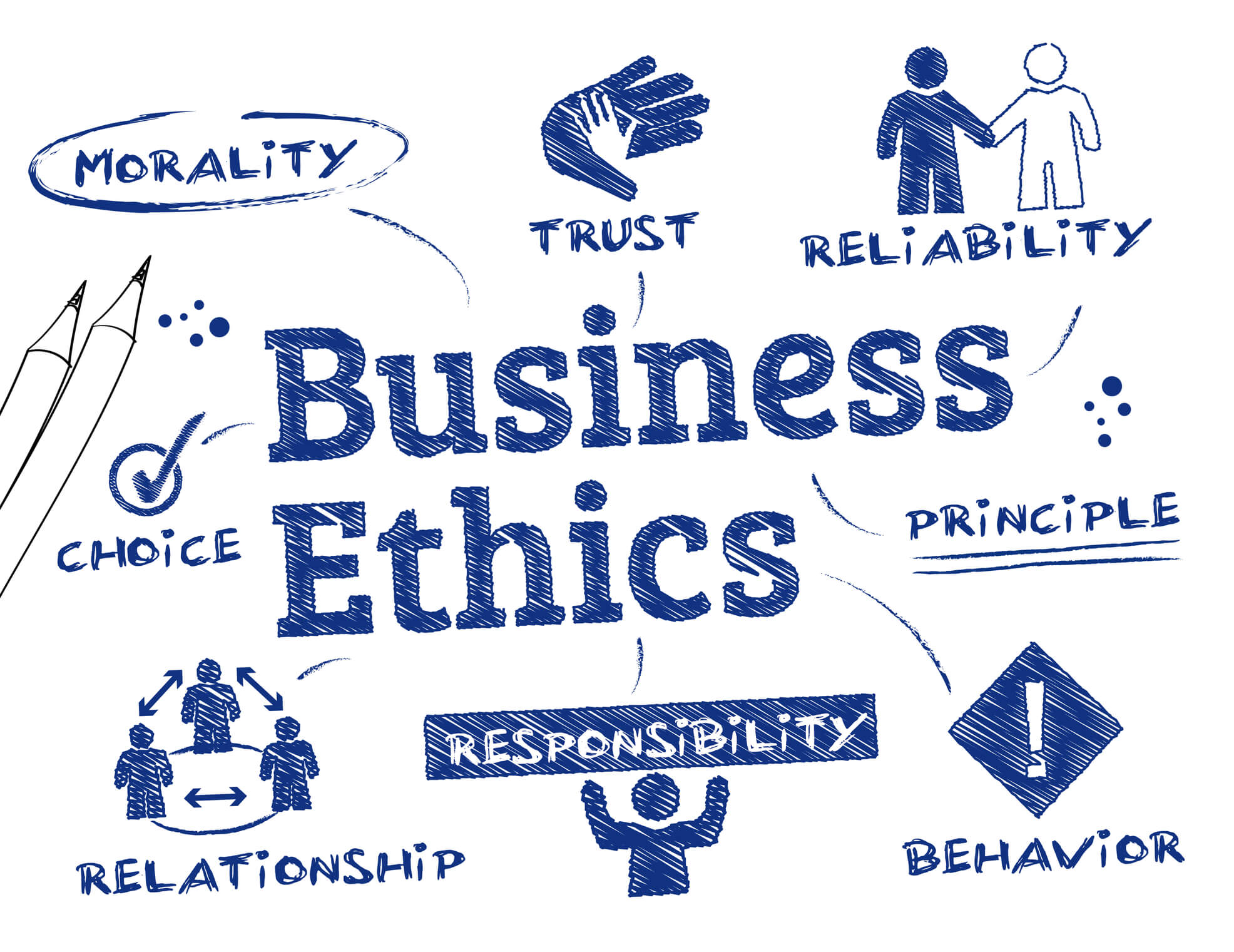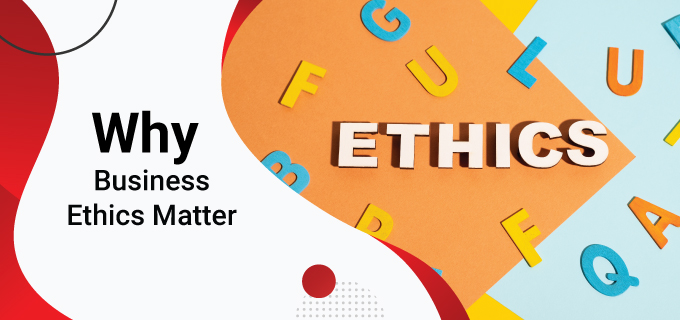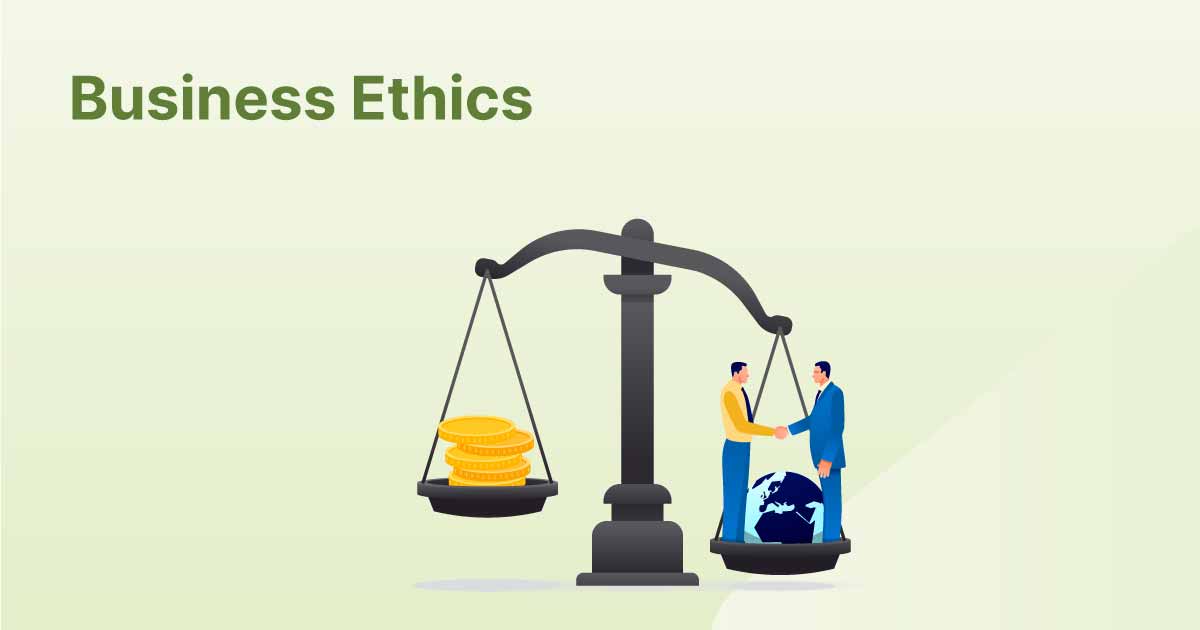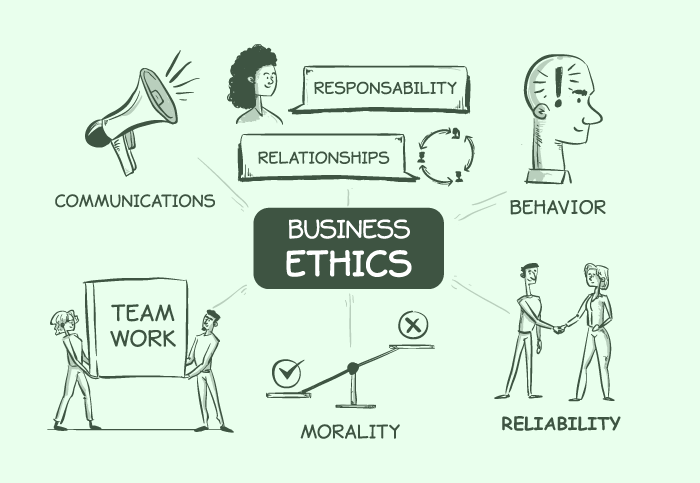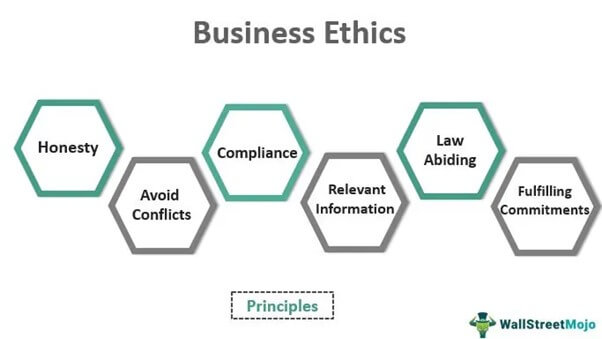Why Should You Be Ethical In Business
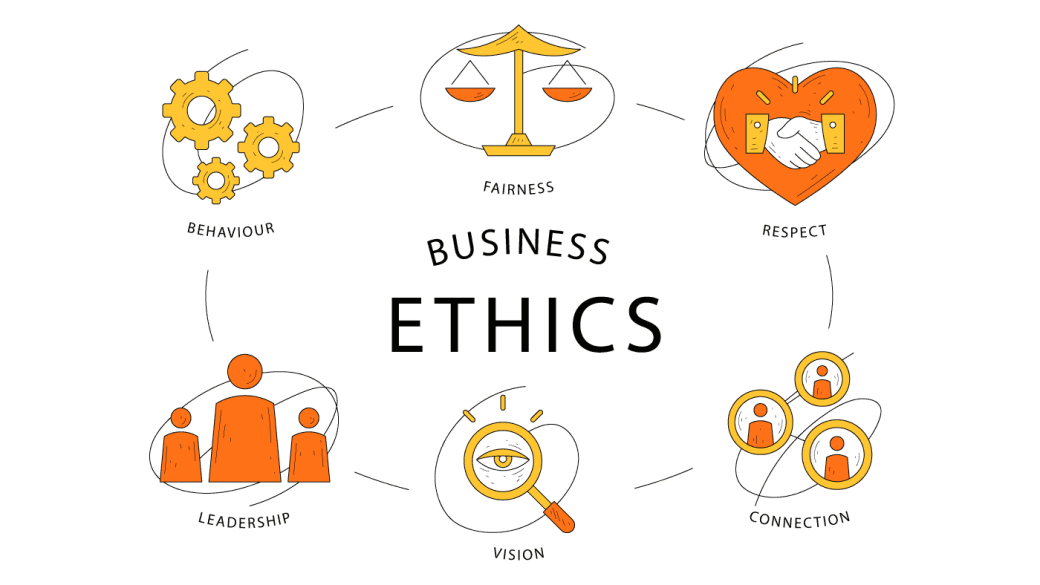
In an era defined by rapid technological advancement and relentless competition, the temptation to cut corners, mislead stakeholders, or prioritize short-term gains over long-term sustainability looms large for businesses. However, the price of unethical behavior can be far steeper than anticipated, impacting not only a company's bottom line but also its reputation, employee morale, and its very survival.
This article delves into the compelling reasons why ethical conduct is not merely a moral imperative but a crucial strategic advantage for businesses of all sizes. We will explore how ethical practices foster trust, attract and retain talent, enhance brand value, mitigate risk, and contribute to a more sustainable and equitable future.
Building Trust and Loyalty
At the heart of every successful business relationship lies trust. Customers are more likely to patronize businesses they believe are honest, transparent, and committed to fair practices.
According to the Edelman Trust Barometer, a significant percentage of consumers make purchasing decisions based on a company's values and ethical standing. When businesses act ethically, they build a reservoir of goodwill that can weather even the toughest economic storms.
"Trust is the glue that holds relationships together, both internally with employees and externally with customers and partners." - Harvard Business Review
Attracting and Retaining Top Talent
In today's competitive job market, employees are increasingly seeking more than just a paycheck. They want to work for organizations that align with their values and demonstrate a commitment to ethical conduct.
A strong ethical culture can be a powerful magnet for top talent, attracting individuals who are motivated by purpose and a desire to make a positive impact. Conversely, a reputation for unethical behavior can repel potential employees and lead to high turnover rates, increasing recruitment costs and disrupting productivity.
Research by Gallup consistently shows that employees who feel their company has a strong ethical foundation are more engaged, productive, and loyal.
Enhancing Brand Value and Reputation
A company's brand is its most valuable asset. Ethical lapses can inflict irreparable damage on a brand's reputation, eroding customer trust and impacting sales.
In the age of social media, news of unethical behavior can spread like wildfire, reaching a global audience in a matter of minutes. A single scandal can undo years of painstaking brand-building efforts.
Conversely, businesses known for their ethical practices often enjoy a significant competitive advantage. A positive reputation can attract new customers, command premium pricing, and foster greater investor confidence.
Mitigating Risk and Ensuring Compliance
Unethical behavior can expose businesses to a wide range of legal and financial risks, including fines, lawsuits, and regulatory sanctions. Proactive ethical programs can help businesses avoid these pitfalls and ensure compliance with relevant laws and regulations.
By establishing clear ethical guidelines and providing training to employees, businesses can create a culture of accountability that discourages misconduct and promotes responsible decision-making.
The Role of Corporate Social Responsibility (CSR)
CSR initiatives are becoming increasingly important to consumers and investors alike. Businesses that actively engage in CSR demonstrate a commitment to environmental sustainability, social justice, and community development.
By integrating ethical considerations into their business practices, companies can create shared value for all stakeholders, including employees, customers, shareholders, and the wider community.
A Sustainable Future
Beyond financial considerations, ethical business practices are essential for creating a more sustainable and equitable future. Businesses have a responsibility to operate in a way that minimizes their environmental impact, promotes social justice, and contributes to the well-being of communities.
By embracing ethical principles, businesses can help to address some of the world's most pressing challenges, such as climate change, poverty, and inequality.
In conclusion, the case for ethical business conduct is irrefutable. It's not merely a matter of adhering to moral principles; it's a sound business strategy that fosters trust, attracts talent, enhances brand value, mitigates risk, and contributes to a more sustainable future. Businesses that prioritize ethics are not only doing the right thing but are also positioning themselves for long-term success in an increasingly competitive and interconnected world. The future belongs to companies with a conscience.
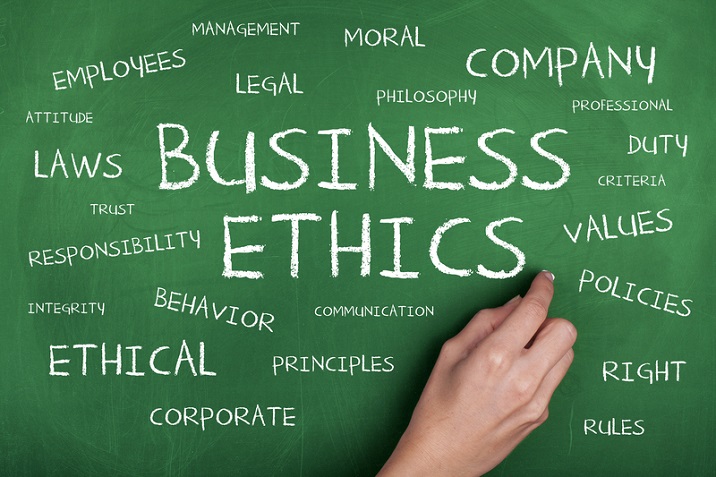
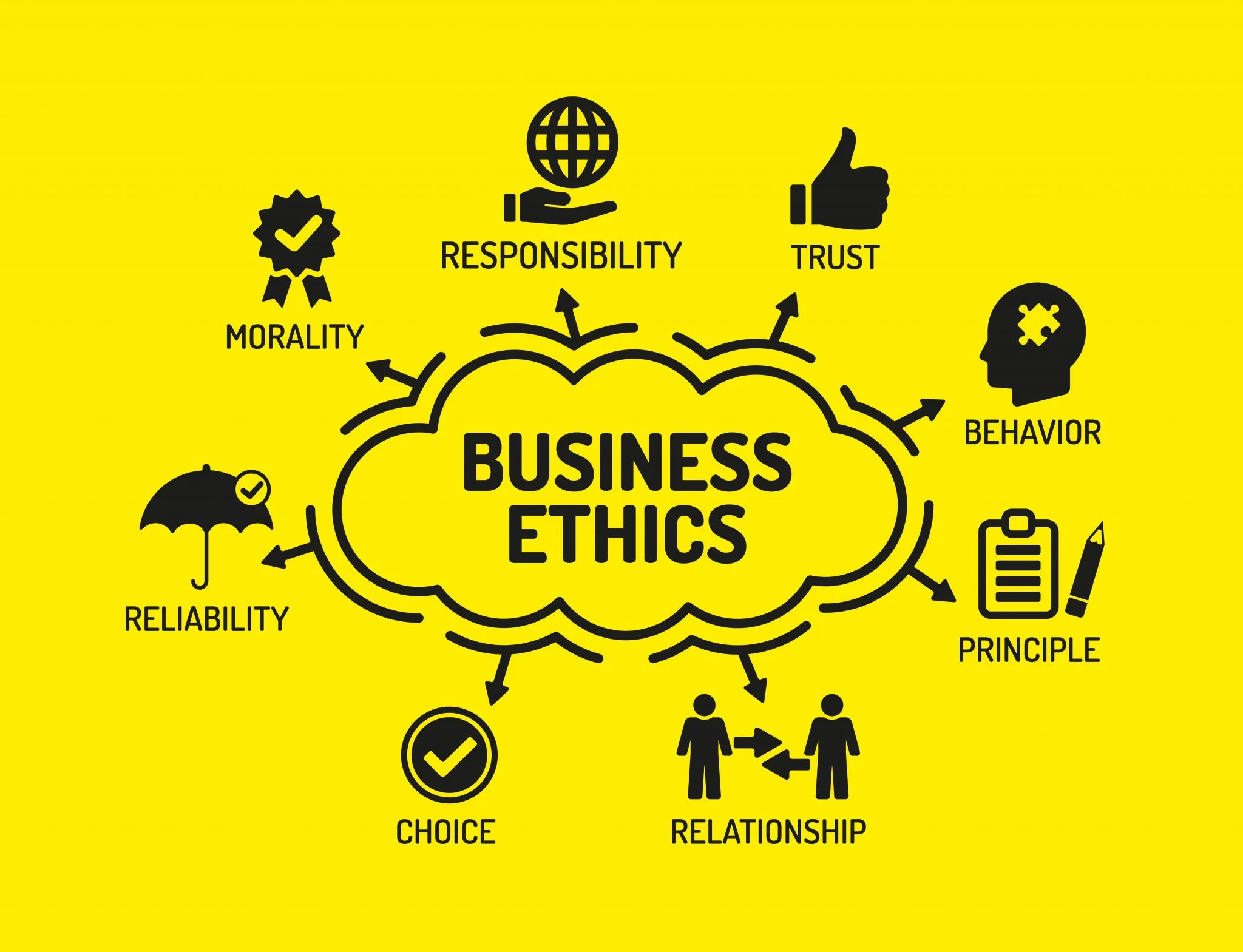
:max_bytes(150000):strip_icc()/business-ethics_final-78b960a3df9a4f5b9b44b77e831323b2.jpg)


